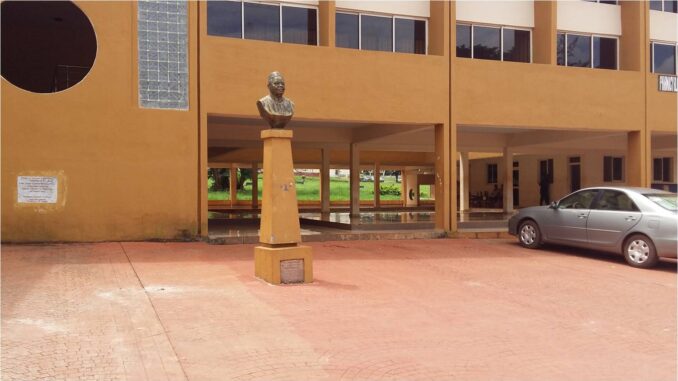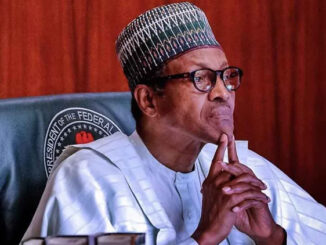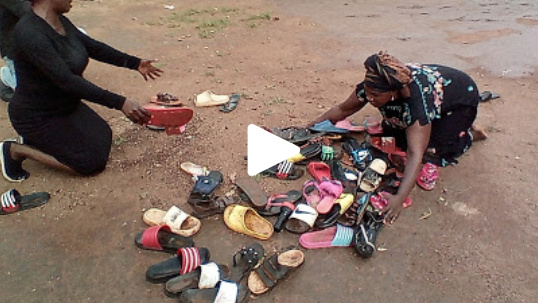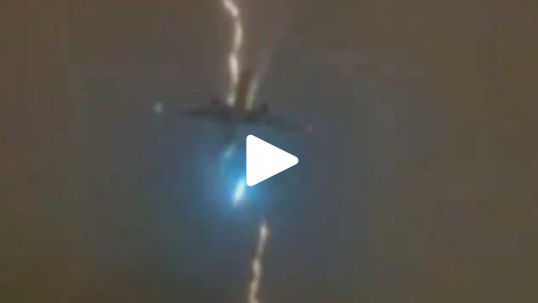
President Muhammadu Buhari has requested the Senate to confirm Ahmad Halilu as the National Space Research and Development Agency’s substantive director general.
In January, Peoples Gazette had reported how Nigeria’s N18 billion-satellites were “operated” overseas as the space agency deteriorated.
Mr. Buhari’s media aide, Garba Shehu, confirmed this development in a statement on Tuesday in Abuja.
In a letter to Senate President Ahmad Lawan, Mr. Buhari said he was acting in line with Section 14 (1) (2) of the NASRDA Act 2010.
It is not clear Mr. Halilu will be able to stop the rot if approved by the Senate.
Mr. Halilu was, until his nomination, the acting director general of the agency after being the director of Strategic Space Applications in the same organisation from 2009 to 2019.
He previously worked at the National Population Commission, Federal University of Technology, Minna, and the National Emergency Management Agency.
Regarding the agency’s facilities’ crumbling state, multiple sources at the space agency had told the Gazette that NASRDA had long been unable to access information from the country’s earth observation satellites due to the “inoperative” ground station.
“We can’t access our geographical information satellites since the ground station broke down completely in 2014,” a long-time NASRDA employee disclosed.
Another source pointed out: “If we need information about our geographical information system, it’s either we go to other countries that have satellites that cover Nigeria, or we pay China to access our satellites and download information for us.”
All the officials the Gazette had contacted explained that the moribund state of the ground station was partly linked to Mr. Buhari’s scant interest in science and technology, including the influence of a “strong cabal” within the agency that benefits from estacodes derived from frequent foreign trips to retrieve information from Nigeria’s satellites.
Various sources revealed that the station’s breakdown had equally resulted in the loss of revenue for the country.
“The earth observation satellites cover the whole of West and East Africa,” an official said. “A lot of countries in these subregions do not have satellite stations. So, they usually paid (a) substantial amount (of money) for NASRDA to get geographical information about their regions.”
“We also need these services for ourselves. One of the satellites is meant to detect natural disasters before they happen, while the other is meant to take images at least once a day to capture migration of people, which can be useful in the fight against terrorism,” the source added.
An economist Chuma Eze had told the Gazette, “If they prioritise servicing the satellite, Nigeria could earn good revenues to shore up its dwindling resources by providing critical information to other Sub-Saharan Africa countries,” Mr. Eze said. “But like every other sector, Nigerian satellite technology has become a shadow of its old self.”











Be the first to comment